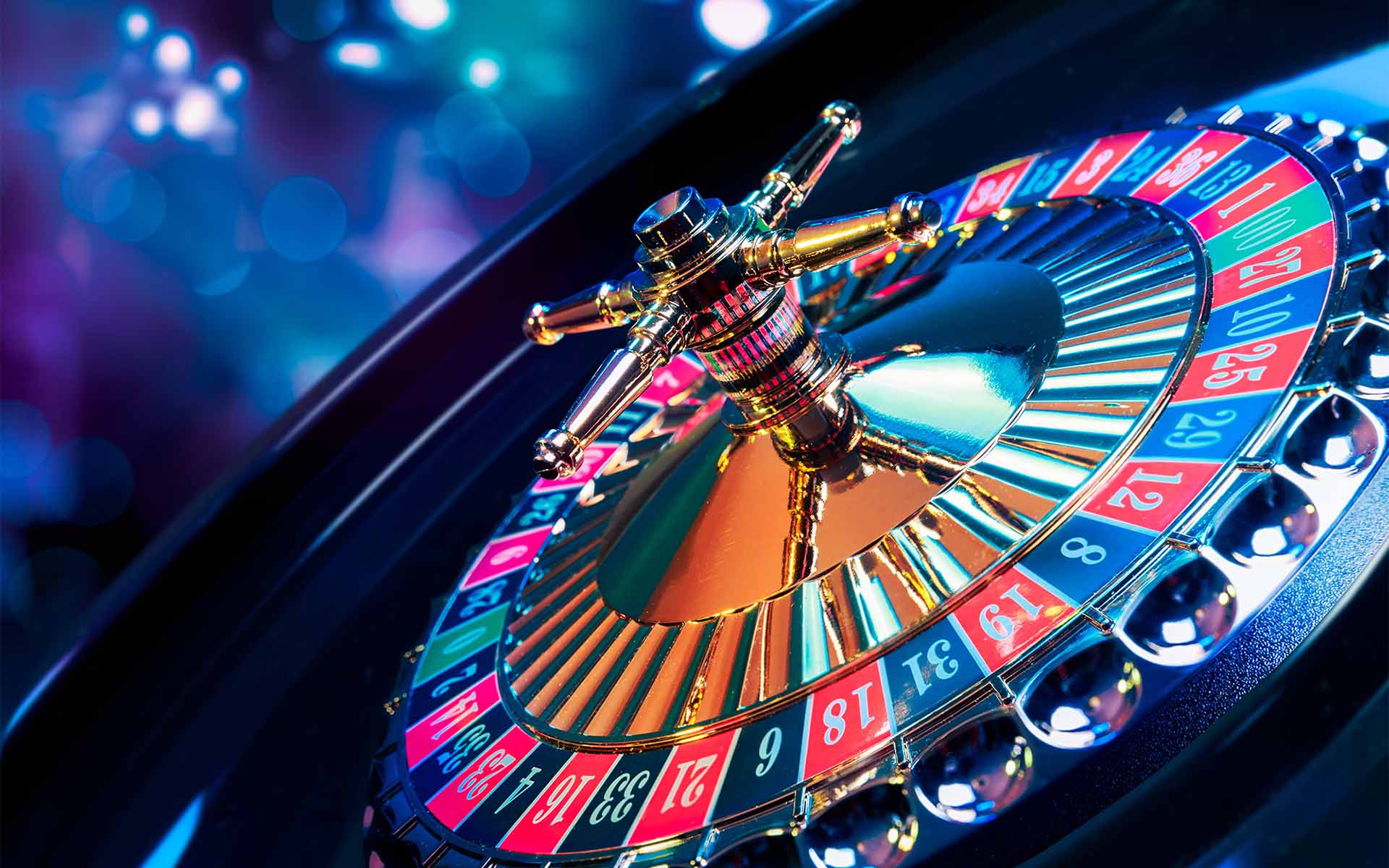
Gambling games have long been an integral part of human culture, providing not just entertainment but a intriguing reflection of our hopes, ambitions, and concerns. From the rotating wheels of a slot machine to the tactical play of poker, these games encapsulate a spectrum of human emotions and experiences. At their core, casino games are not just a chance to make profits; they are a microcosm of life itself, where danger and gain intertwine and fate can change in an instant.
As players assemble around tables or sit in front of vibrantly illuminated machines, they engage in a tradition that transcends mere playing. These games mirror our instinctive desires for connection, thrill, and the search for fortune. They also unveil deeper truths about human behavior, such as our relationship with luck and the excitement of uncertainty. In exploring casino games, we discover not only the mechanics of play but also the complex weave of the human experience, showcasing our intertwining narratives of goal and reality.
The Mind Behind Gambling
Wagering is intrinsically connected in human psychology, tapping into various feelings and wants. The excitement of taking risks is a core aspect that attracts participants, be it it’s thrill of spinning a roulette or the anticipation of drawing a winning card in poker. This adrenaline is often compared to other forms of excitement, as the unpredictability of outcomes elicits a distinct psychological response. https://98win.group/ Players often become captivated by the chance of winning big, leading to an irresistible draw toward casino games.
Another, a crucial component of the psychology behind gambling is the concept of optimism and aspiration. Players often nourish fantasies of financial freedom and the luxurious lifestyle that can follow winning. This hope fuels their continued participation in casino games, as it provides a sense of purpose and the belief that a life-changing win could be just one bet away. The narrative of beating the odds and achieving success resonates with many, reinforcing their commitment to play and engage with these games.
Finally, social dynamics play a significant role in gambling psychology. Gambling venues are designed to promote social interaction, where gamblers gather to share the journey of wins and losses. This communal aspect not only amplifies enjoyment but also influences behavior, as individuals often mimic the actions of others around them. The social validation found in mutual thrill can enhance the emotional experience, making casino games a mirror of not just personal desires but also collective engagement within the gambling community.
### Risk and Reward: A Double-Edged Sword
Gambling activities embody the delicate balance between danger and gain that resonates profoundly with the human experience. The excitement of placing a wager is often accompanied by a jolt of energy, as participants are confronted with the possibility of striking it rich, yet cognizant of the risk to lose. This bipartisan experience reflects a core aspect of life: the decisions we face often come with intrinsic risks, and the chase for gain can compel us to take chances we might not normally consider. In this way, casino games echo real-world decisions, enticing gamblers to gamble not just their money, but also their dreams.
The allure of jackpot prizes and payouts fuels a feeling of positivity, motivating gamblers to imagine a more promising future that could emerge from a lucky spin of the wheel or turn of a card. This optimism can drive individuals to engage in greater risks, encouraging them to push their boundaries in search of monetary success. Rút Tiền 78Win However, just as in life, the results of these decisions can lead to both victory and despair. The stories of both jackpot winners and those who have suffered everything at the tables demonstrate the random nature of luck and its consequential effect on our futures.
Ultimately, the experience of engaging with casino games serves as a potent reminder of the human condition. Every game played is filled with the tension of risk, as gamblers weigh the gains against the dangers. This interaction not only highlights the excitement that comes with gambling but also exposes the weaknesses that come with the urge for more. As we journey through the complexities of decision-making and results in both the casino and in life, we find that the search for benefit shapes our sense of self and lives in profound ways.
Community and Isolation in Gambling Environment
Gambling environment is a special mix of social interaction and individual endeavor, reflecting the contrasts of individual experience. Gamblers often gather around tables, sharing in the excitement of the action, celebrating wins, and commiserating over losses. This social aspect is vital, as it establishes a sense of belonging and bonding among varied groups of people. Regular visitors to gaming establishments may form friendships and establish routines, turning the gambling venue into a alternative home where they experience linked to a larger community of gamblers.
However, the appeal of gambling activities can also lead to loneliness. As individuals become engrossed in the thrill of gambling, they may withdraw from personal connections or neglect to interact with the environment outside the casino. For some, the search of a jackpot can overshadow real connections, leading to isolation. The experience of being among others yet experiencing solitary is not uncommon, as the focus shifts from collective fun to the private concerns of each player’s journey.
This interaction of society and isolation creates a vivid mosaic that defines gaming culture. It highlights the complexity of social interactions, where joy and sorrow exist together. Casinos serve as both a sanctuary for social engagement and a platform for individual challenges, illustrating how intimately entwined our desire for companionship and the individual quest for fortune can be. In navigating this environment, gamblers confront their own stories—seeking both the rush of the wager and the fellowship of other players, ultimately reflecting the broader spectrum of individual experience.
